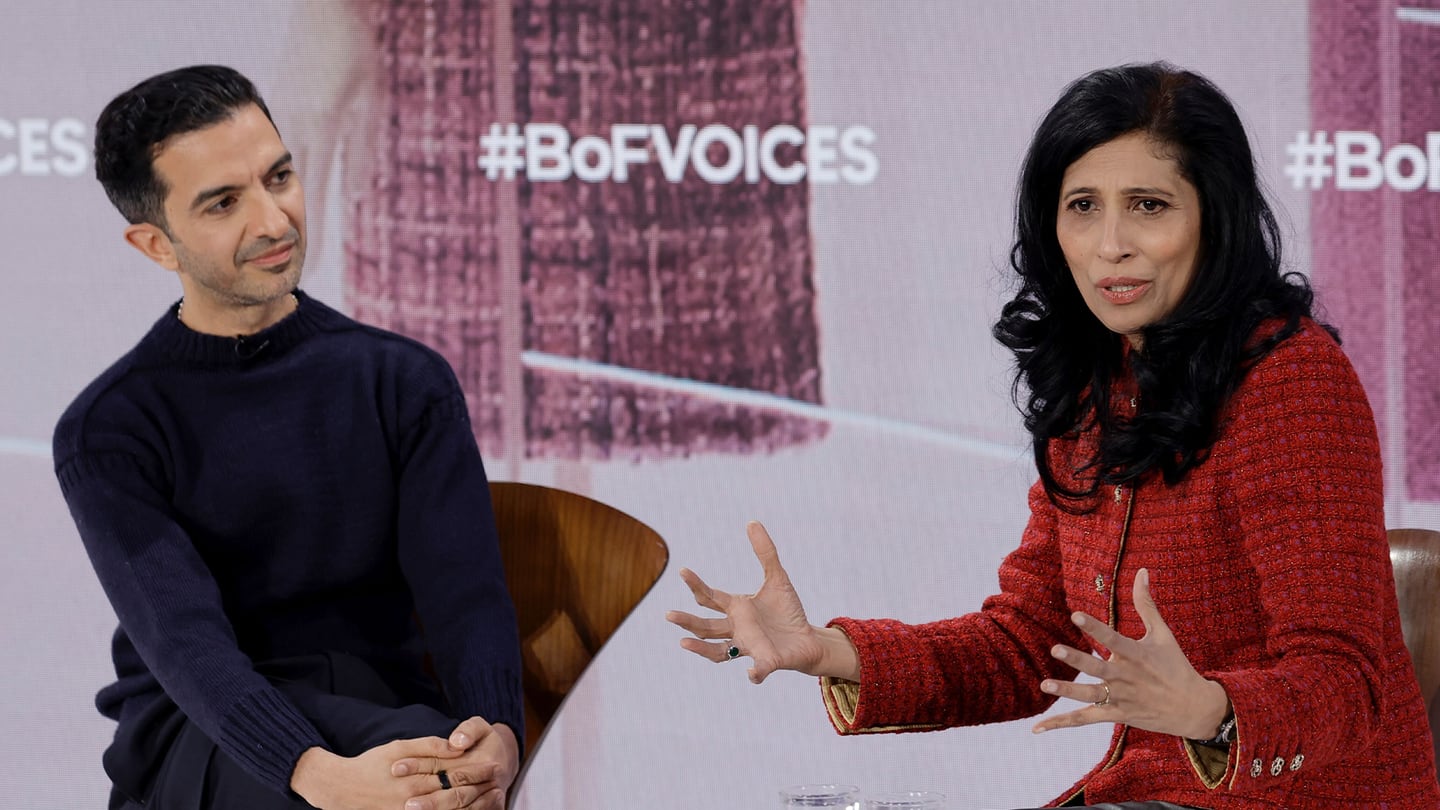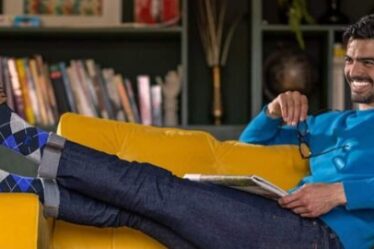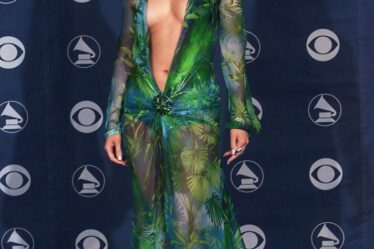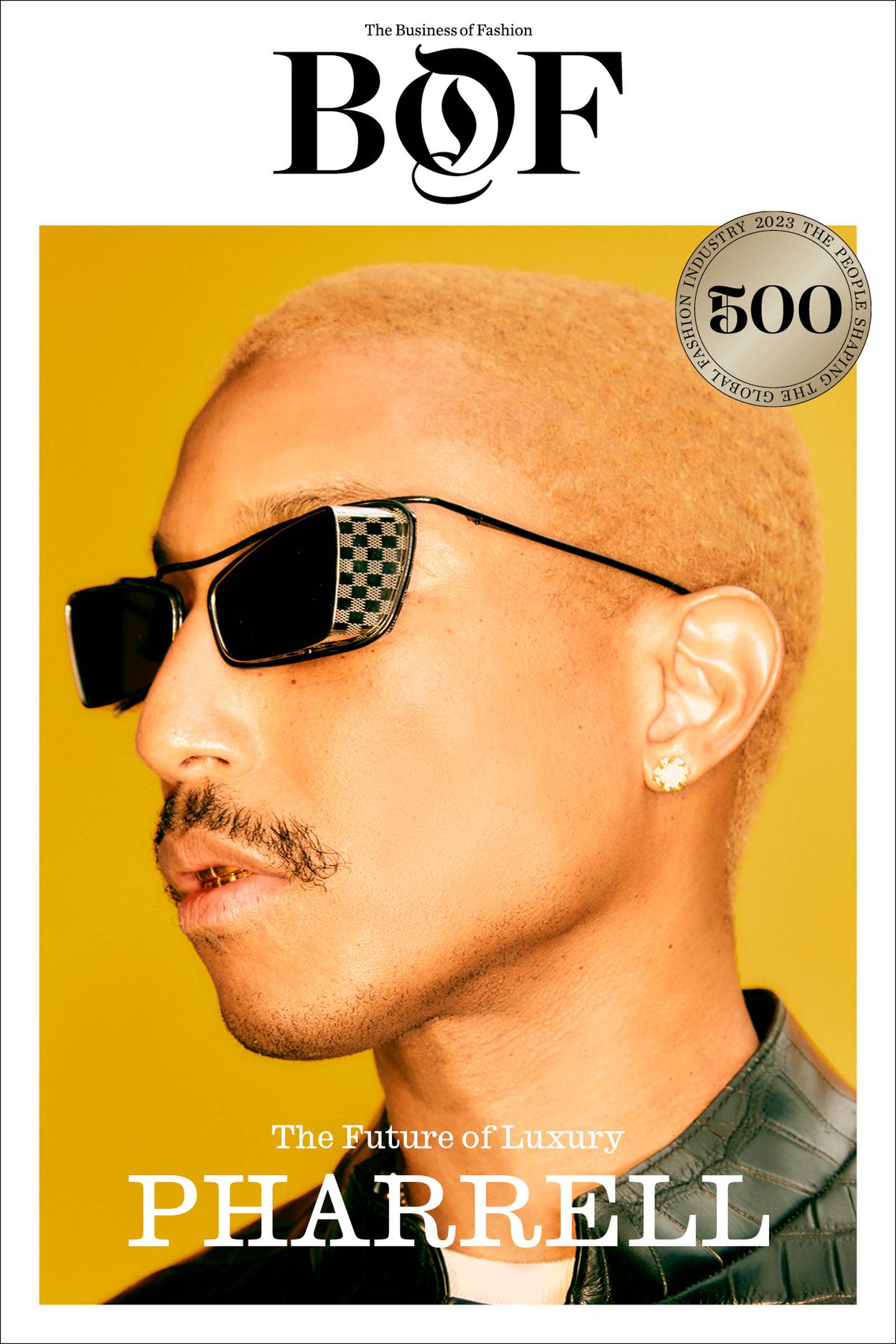
Was 2023 the year luxury outgrew fashion? This year, the industry’s biggest brand Louis Vuitton appointed the producer, performer and entrepreneur Pharrell Williams as men’s creative director — signaling how cultural strategies that stretch beyond fashion, across sports, music, art and media are becoming increasingly important to brands. Fashion brands amped up their presence at concert tours, Formula One races, tennis championships and more.
The move came amid a luxury landscape in flux. The post-pandemic party is finally over, with brands across the board experiencing significant slowdowns in Europe and the US. Recovery in the critical China market remains uneven. Economic turbulence is prompting aspirational shoppers to claw back discretionary spending, leaving the ultra-wealthy to fuel the market. Meanwhile, logo fatigue and the “quiet luxury” phenomenon is reshaping the market at all levels. (This was probably most evident at Gucci, which debuted a new designer vision under Valentino alum Sabato De Sarno in September.)
In a sector plagued by change and uncertainty, scale is seen as a key advantage. Tapestry (which owns Coach, Kate Spade and Stuart Weitzman) agreed to buy rival Capri (Michael Kors, Versace and Jimmy Choo) for $8.5 billion, while Gucci-owner Kering announced a deal to acquire 30 percent of Valentino, amid continued underperformance at its flagship brand.
But companies can’t depend on scale alone, as seen with the dramatic decline of e-commerce giant Farfetch. Amid reports of a dire financial situation, South Korean retailer Coupang agreed to buy the site, in a de-listing deal that is poised to leave many bondholders and shareholders emptyhanded. A deal with Richemont to acquire Yoox-Net-a-Porter fell apart. Even if Farfetch secured a “white knight”, worrying signals on the outlook for multi-brand luxury persist.
Top Stories
Pharrell Williams: The Future of Luxury Is ‘Freedom’: With his first Louis Vuitton men’s show behind him, BoF 500 cover star Pharrell Williams shares his long-term vision for the future of Louis Vuitton, and luxury itself, with BoF’s Imran Amed.
Can Luxury Brands Grow in 2024?: For over a decade, luxury brands could depend on casualisation, China and a post-pandemic boom to drive record sales and profits. Now that those factors have played out, it’s unclear where they will turn next for growth.
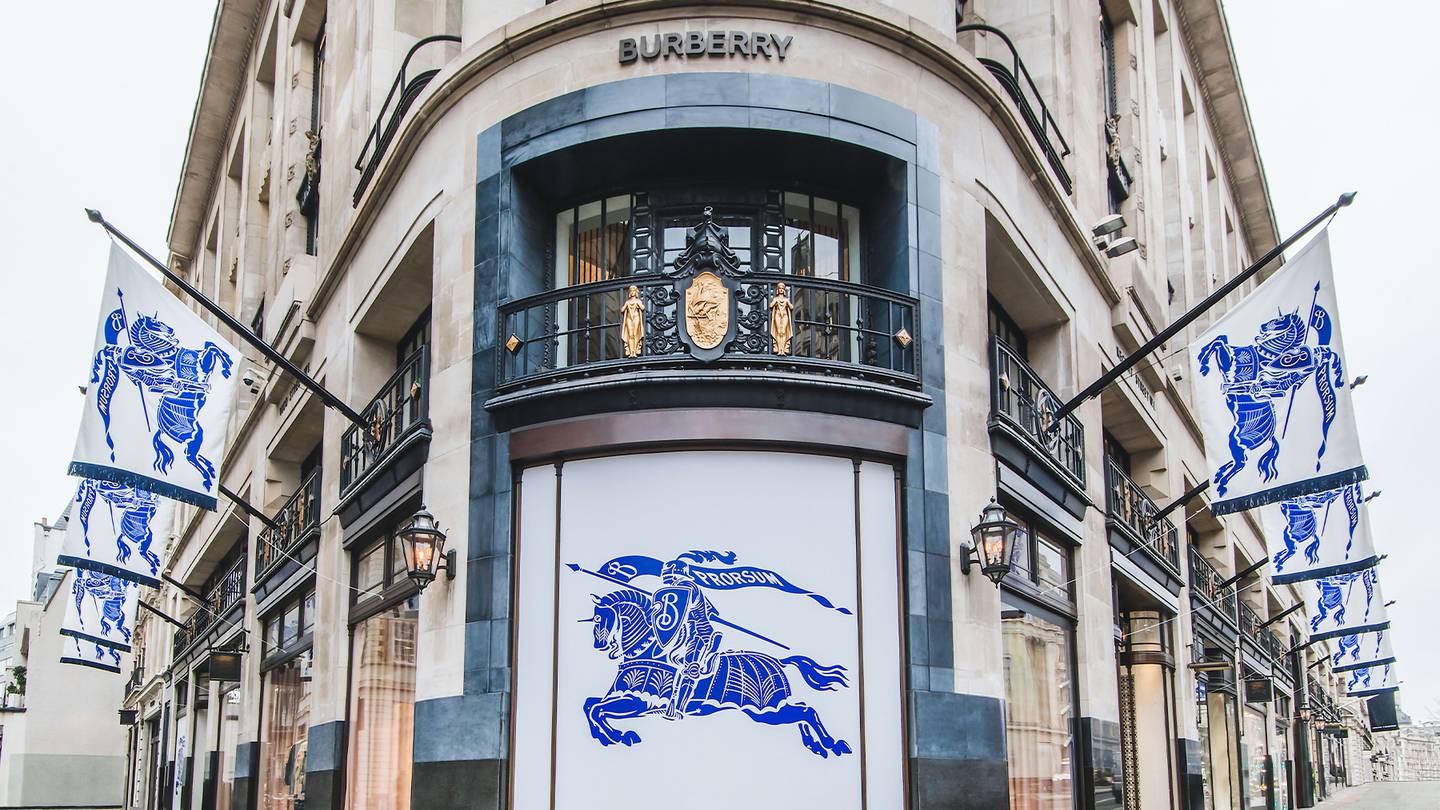
Case Study | Inside Hermès’ Best-in-Class Leather Goods Strategy: How a unique approach to supply chain, design, communications and retail has powered blockbuster demand for iconic bags like the Birkin and Kelly, enabling the French leather goods house to face down rivals and become a global megabrand with a market capitalisation greater than Nike’s.
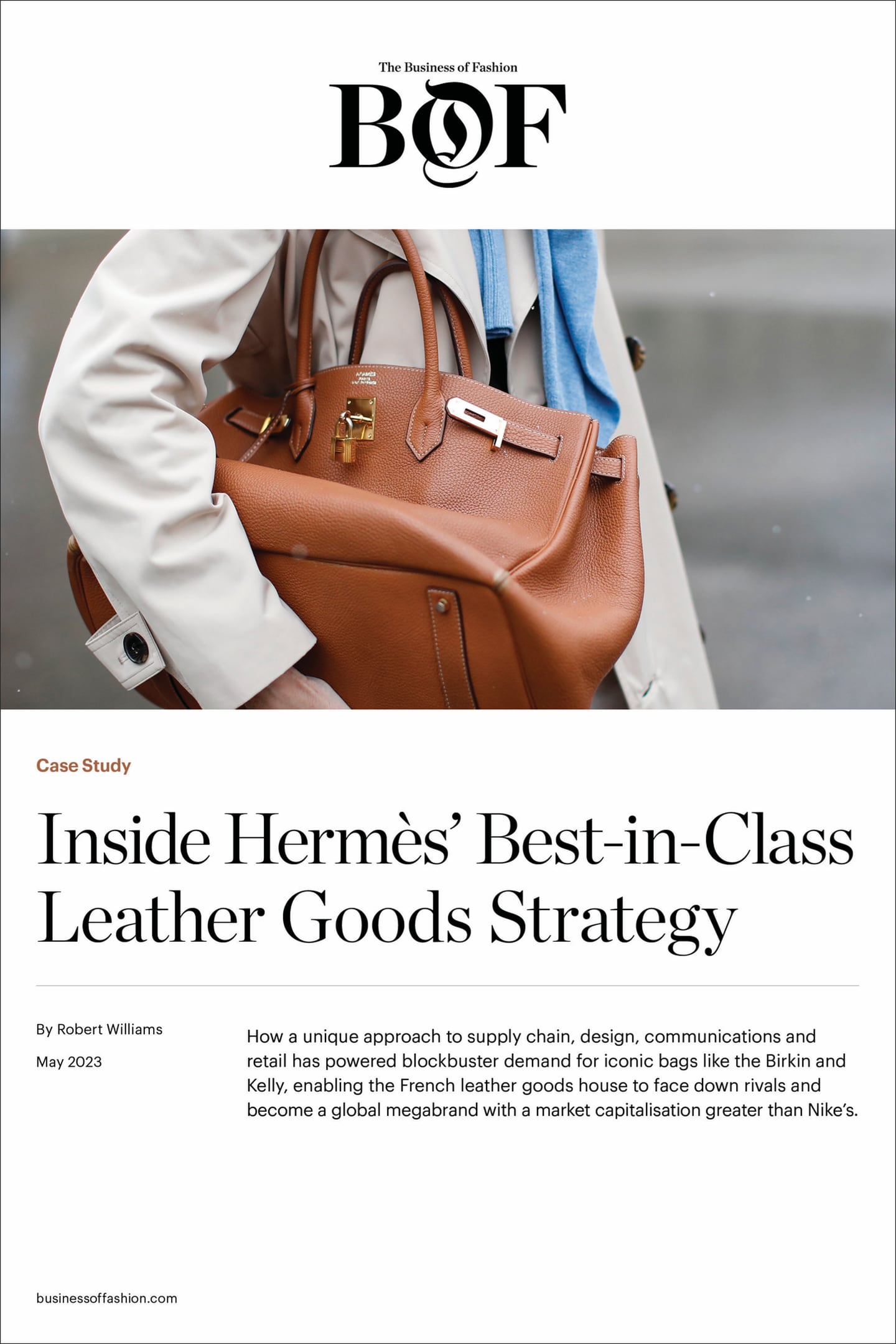
Daniel Lee’s High-Stakes Burberry Debut, Explained: The former Bottega Veneta designer’s first collection is London Fashion Week’s hottest ticket. Ahead of the show, BoF breaks down what’s at stake for the British megabrand.
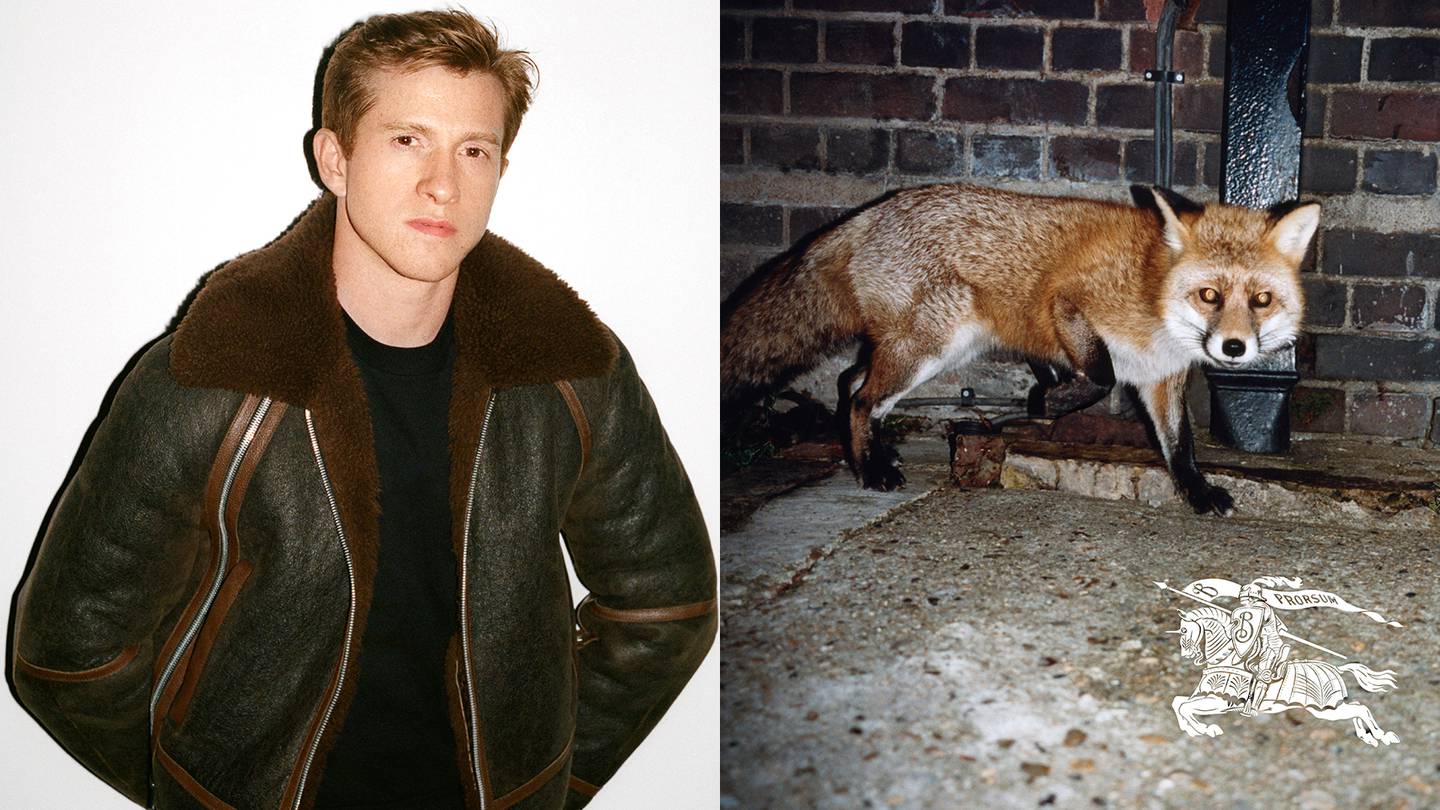
The Business of Gucci’s Designer Debut: Shares rose 4 percent following a Milan Fashion Week outing which saw Sabato de Sarno hone the brand’s universality and upscale appeal. Critics were left wanting more in ways both good and bad.
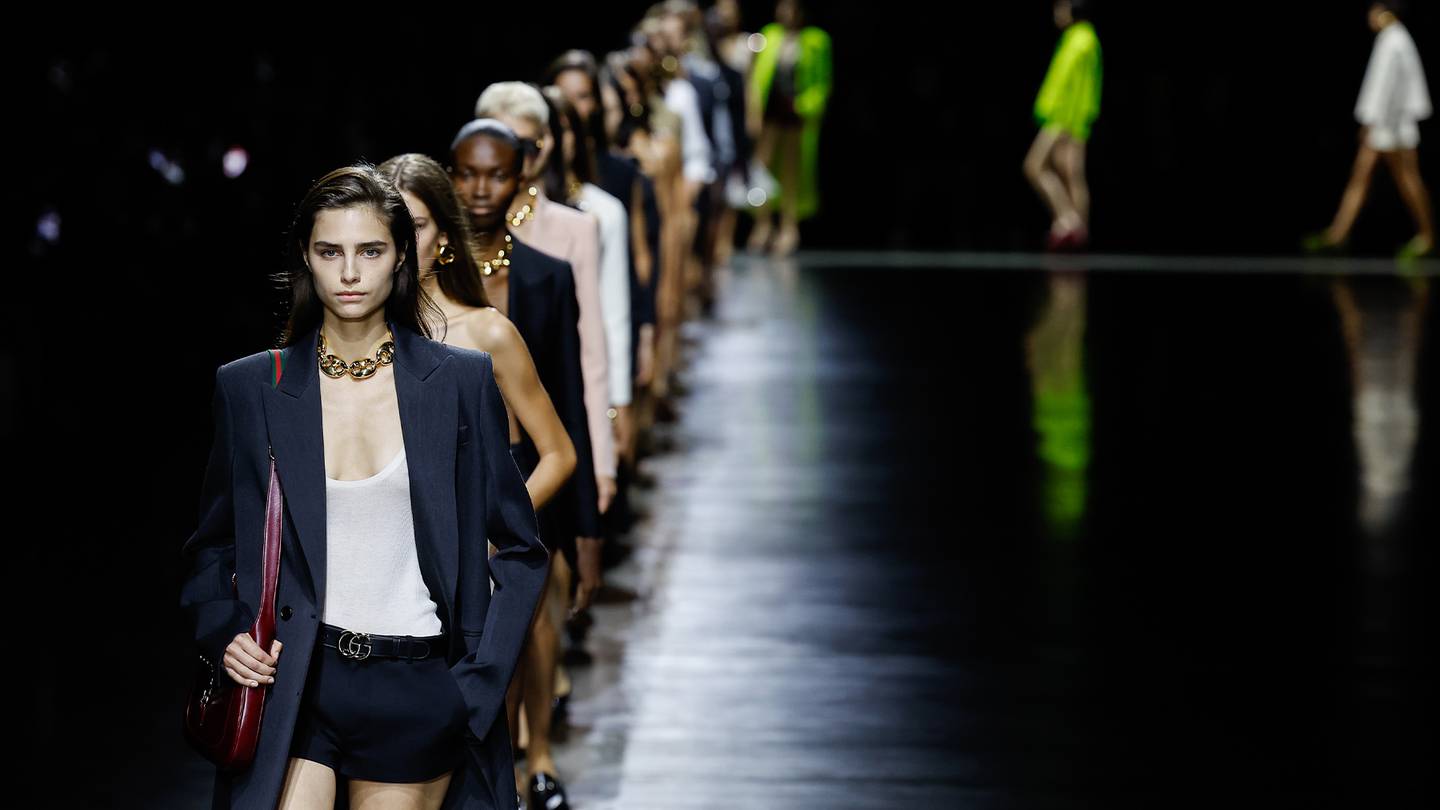
Phoebe Philo: The Big Reveal: In Philo’s first looks for her long-awaited namesake label, there’s the luxe minimalism she was known for at Celine, but also a raw, shredded edge which breaks with her immediate past, reveals Tim Blanks after an audience with the designer.
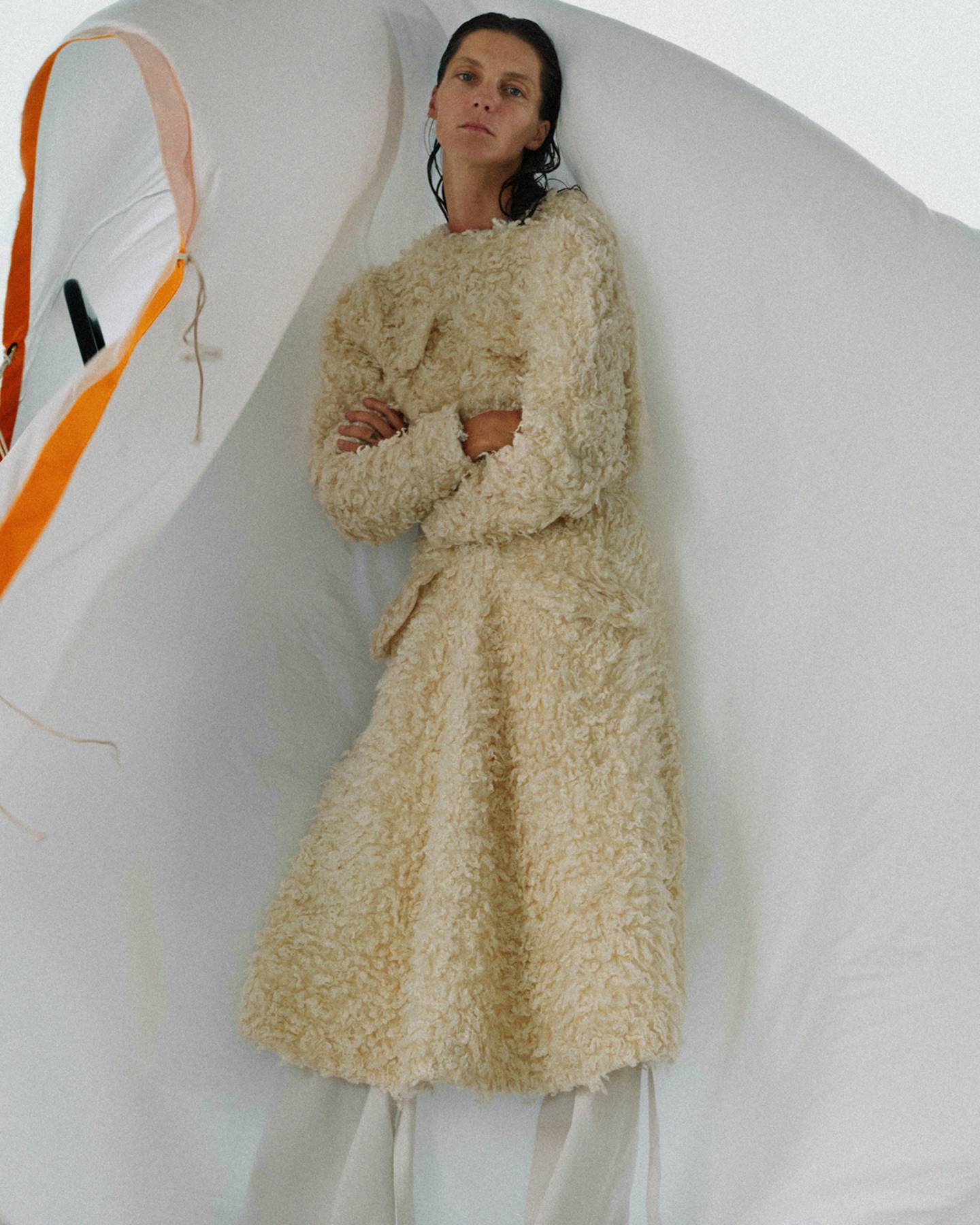
The BoF Podcast | Leena Nair on Leading Chanel Into the Future: Chanel’s global CEO Leena Nair joined BoF founder and CEO Imran Amed at BoF VOICES 2023 to discuss the vision she’s crafting for the iconic French luxury brand.
